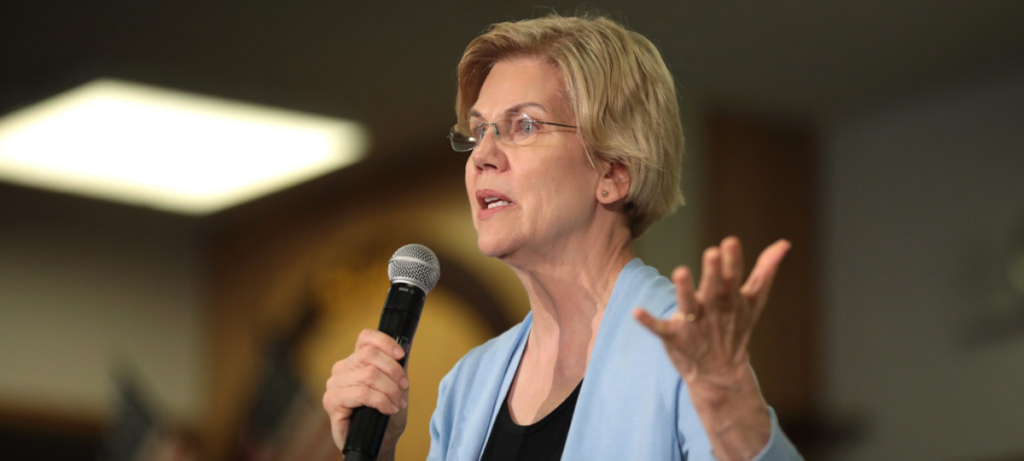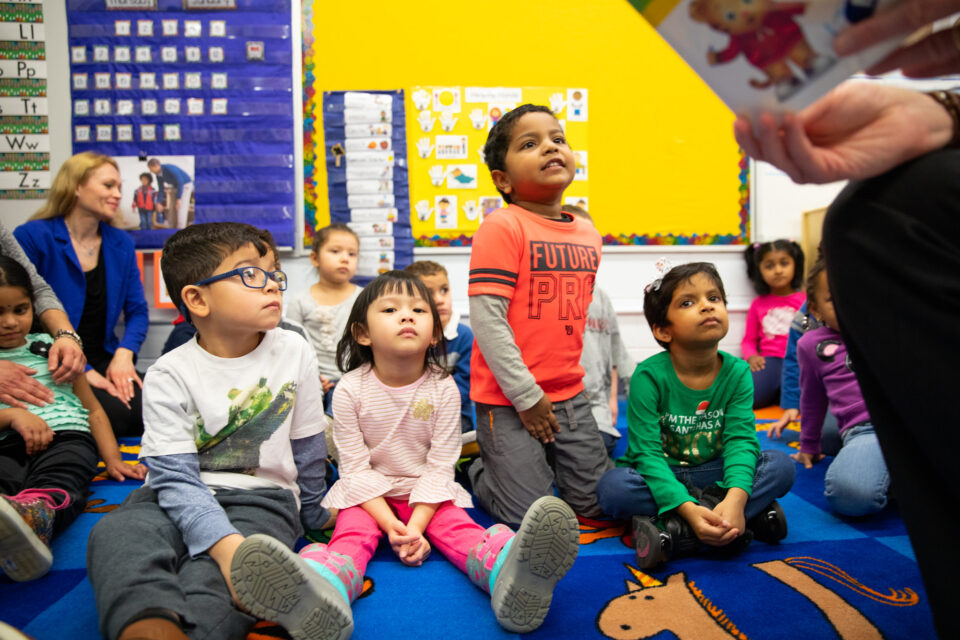
Your Taxes At Work in Lakewood: Trick or Treat?
November 19, 2019
Searching for Progressivism: Do You Look for Sue Altman or Sarah Carpenter?
November 22, 2019Welcome Back to Charter School Advocacy, Cory Booker!
This is a guest post by my colleague Nehemiah Frank, a fierce advocate for charter and community schools. Neo has public policy experience and is the founder and editor in chief of the Black Wall St. Times. He is also a middle school teacher at Oklahoma’s top performing charter school, Sankofa Middle School of the Performing Arts, a member of the Deborah Brown Community Schools. It was first published at Education Post.
One evening last summer, I arrived home later than usual, after a happy-hour chat with a good friend about the speech that had just been delivered by presidential candidate Senator Cory Booker in a historic church on America’s Black Wall Street of Tulsa, Oklahoma. After settling in for a relaxing night of television, I felt my sofa vibrate. My friend had sent me a text, telling me to check my voicemail. Here’s what I heard:
“Hi, Nehemiah. It’s Cory Booker. I’m really sorry I’m missing you. I’m getting ready to leave and hop on a plane from Oklahoma. I just really wanted to get some time to talk to you and connect with you. And I’m sorry I’m missing you. I told Michael that we didn’t get to connect—Michael Tyler on my team. I just appreciate you and celebrate you and the work that you do, and the journalism that you do and hope that we get a chance to connect sometime soon. Take care!”
I was ecstatic. A presidential candidate thought I was important enough to call and was even kind enough to leave a voice message. It was, nevertheless, a missed opportunity. Because when I tried calling back the next day, the senator couldn’t be reached.
For much of the last few months, Senator Booker couldn’t seem to be reached about his long-standing support for charter schools. Had I caught him, I was prepared to ask him why he had seemingly gone silent on his advocacy for quality charter schools that produced better educational outcomes for disadvantaged students who look like him.
But this week, Senator Booker came through. His brilliant New York Times op-ed affirmed the importance of charter schools as one “effective, targeted tool” in a toolbox of education policies that support students and families.
CORY BOOKER’S STORY IS MY STORY
I get where he’s coming from. Booker and I grew up similarly, both attending wealthy suburban schools with plenty of opportunities and access.
My high school, James W. Robinson Secondary, in Fairfax County, Virginia, a suburb of Washington D.C., not only provided small class sizes with Advanced Placement courses, but it also offered the opportunity to earn an International Baccalaureate diploma. My classmates and I, therefore, had the luxury of choosing between two rigorous academic programs that would prepare us for college and beyond. Even the regular high school classes were of high-quality in comparison to the low-quality D.C. public schools just a few miles up the road.
If the two academically-rigorous plans didn’t impress us, and the typical high school sports didn’t allure, we Robinson students had the privilege of choosing from a plethora of elite sports. Our choices were diving, swimming, tennis, golf, gymnastics, competitive cheer, and—the most aristocratic of them all—lacrosse. You know a school is privileged if it has a lacrosse team.
Cory Booker had a similar high school experience. Northern Valley Regional High School at Old Tappan in Bergen County, New Jersey, is an educational institution for families with means. Less than 0.2% of its student population receives free or reduced-price lunch. The school offers two rigorous academic options and plenty of extracurricular activities for its students—and Booker is one of many notable alumni.
At the suburban schools that Senator Booker and I, and a handful of other Black Americans attended, we learned how to speak the language of the White majority class—standard American English with White-sounding, appeasing colloquialisms. We learned to code-switch, a social skill-set that briefly allows our Blackness to recede from the consciousness of those with whom we’re conversing. And having this crucial ability, while debatably self-harming, undoubtedly leads to more opportunities, access and mobility for Black Americans.
Cory Booker and I attended well-funded, high-quality schools that provided us with the keys to unlock doors of worlds we would otherwise not have had access to.
WE MUST CONTINUE TO DISRUPT THE SYSTEM
As a result of growing up on the more privileged side of the Black American experience, we can’t forget the choices and opportunities that developed our ability to become socially and economically mobile, which certainly helped to mold us into successful Black Americans.
Every family should have that choice, and every child should have access to a good school, no matter their zip code. The opposite of choice and access is economic and social oppression. If it’s the majority of Black and Brown kids who are suffering in underfunded and academically failing schools, it is our duty as Black Americans with means to continue to disrupt the system no matter who’s standing in the way, and that includes teacher unions. Because to be an advocate for racial justice is to ensure that all children have the choice and access to attend a school that can equip them with the social and academic skills that lead to mobility and success.
Our parents didn’t wait for the school board to fix our slowly dilapidating neighborhood schools that were beginning to feel the squeeze in financial losses due to White flight. They moved us to that quality school where we would learn and evolve because they had the choice and the means to do it.
Today, as a charter educator and leader, I have seen the impact of quality charter schools for Black young people whose families didn’t have the options I had.
I have seen countless Black families choose public charter schools, their children entering two and three years behind, get caught up and become academically competitive. They now have a better chance of attending college and having successful careers. It took becoming educated and working within a public charter school for me to witness the positive contributions to Black and Brown students for me to finally get it.
I’m glad Cory Booker gets it, too.




